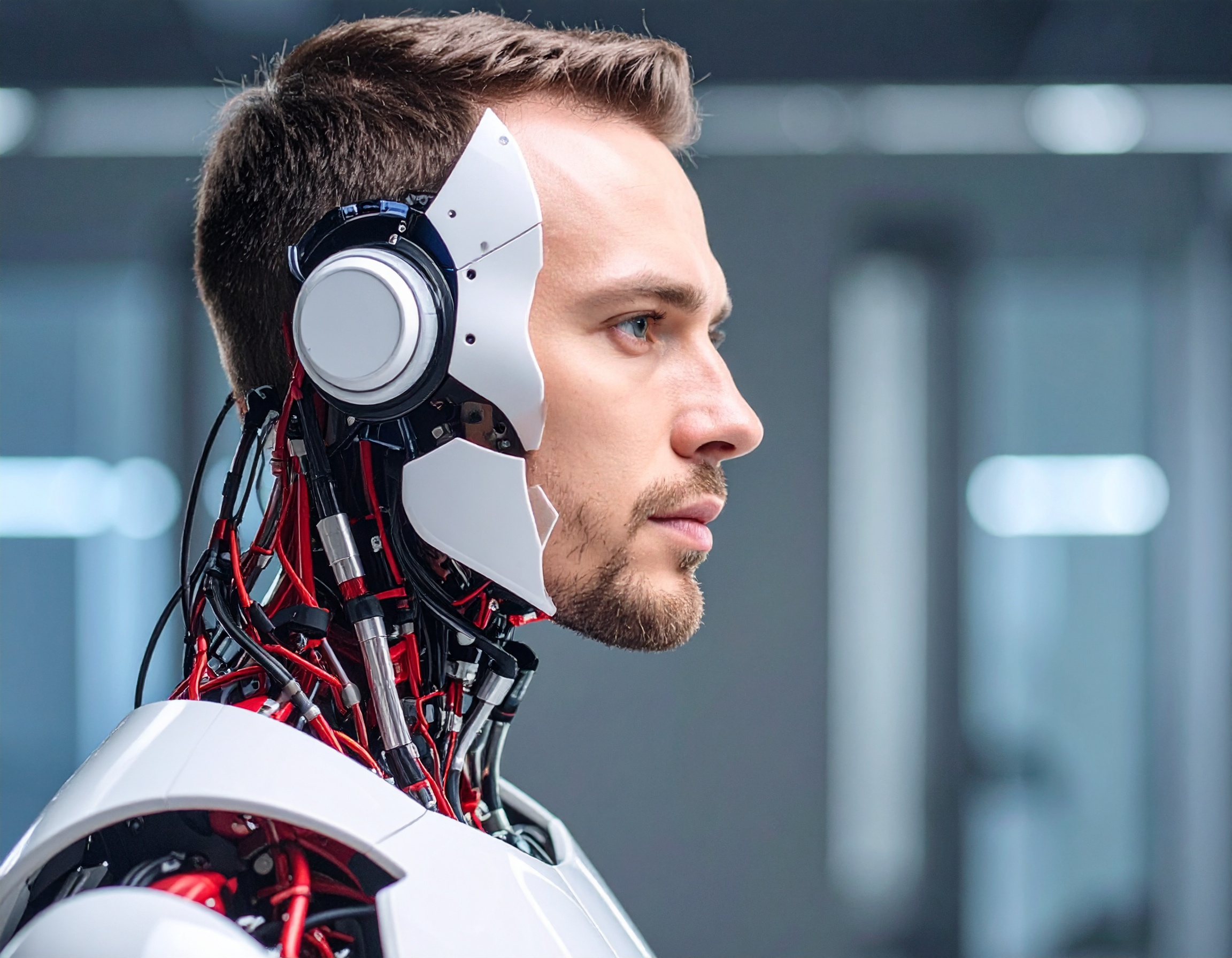Exploring Extraterrestrial Frontiers: Intelligent Agents Join Non-Human Workers in Space

In a groundbreaking development that took place in September 2023, the space exploration landscape witnessed a significant shift as Intelligent Agents, often referred to as "Digital Employees," joined the ranks of Non-Human Workers in the realm of extraterrestrial exploration. This move represents a pivotal moment in our quest to unlock the mysteries of the cosmos.
Intelligent Agents Take Center Stage:
Intelligent Agents, powered by advanced artificial intelligence and robotics, have now become integral members of space missions. These digital entities can perform a wide range of tasks, from conducting intricate experiments to managing spacecraft operations with unmatched precision and efficiency. For instance, the Mars Rover program saw the deployment of Intelligent Agents, enabling it to autonomously navigate the Martian terrain, collect samples, and transmit vital data back to Earth, reducing the need for constant human intervention.
Enhancing Efficiency and Safety:
This integration of Intelligent Agents into space missions brings significant advantages. By leveraging their capabilities, space agencies can dramatically reduce mission costs and risks. These digital employees excel in repetitive and dangerous tasks, minimizing human exposure to hazardous conditions. Moreover, their ability to analyze vast datasets at lightning speed empowers scientists to make real-time discoveries and adapt mission objectives swiftly.
Charting a New Frontier:
This development marks a turning point in space exploration, as we expand our reach beyond our home planet. Intelligent Agents working alongside Non-Human Workers will not only accelerate our understanding of the cosmos but also pave the way for future endeavors like human colonization on other celestial bodies. The synergy between humans, Non-Human Workers, and Intelligent Agents promises to revolutionize space exploration, making it more accessible, cost-effective, and sustainable. As we continue to probe the depths of space, the presence of these digital entities serves as a testament to our unyielding determination to uncover the universe's secrets.
In summary, the integration of Intelligent Agents into space exploration, as witnessed in September 2023, represents a pivotal moment in our quest to explore extraterrestrial frontiers. These digital employees, working alongside Non-Human Workers, promise enhanced efficiency, safety, and cost-effectiveness in space missions, ultimately propelling humanity further into the cosmos. This paradigm shift not only accelerates our understanding of space but also lays the foundation for future space endeavors, marking a historic chapter in the annals of space exploration.
Key Highlights:
- In September 2023, Intelligent Agents, also known as "Digital Employees," joined the ranks of Non-Human Workers in space exploration.
- Intelligent Agents, powered by advanced AI and robotics, can perform tasks such as autonomous navigation, conducting experiments, and managing spacecraft operations.
- Integration of Intelligent Agents into space missions enhances efficiency and safety, reducing mission costs and risks by excelling in repetitive and hazardous tasks.
- This development represents a pivotal moment in space exploration, expanding our reach beyond Earth and promising future endeavors like human colonization of other celestial bodies.
- The presence of Intelligent Agents in space missions signifies a historic shift in our quest to uncover the mysteries of the universe, making space exploration more accessible and sustainable.
References: [1].


